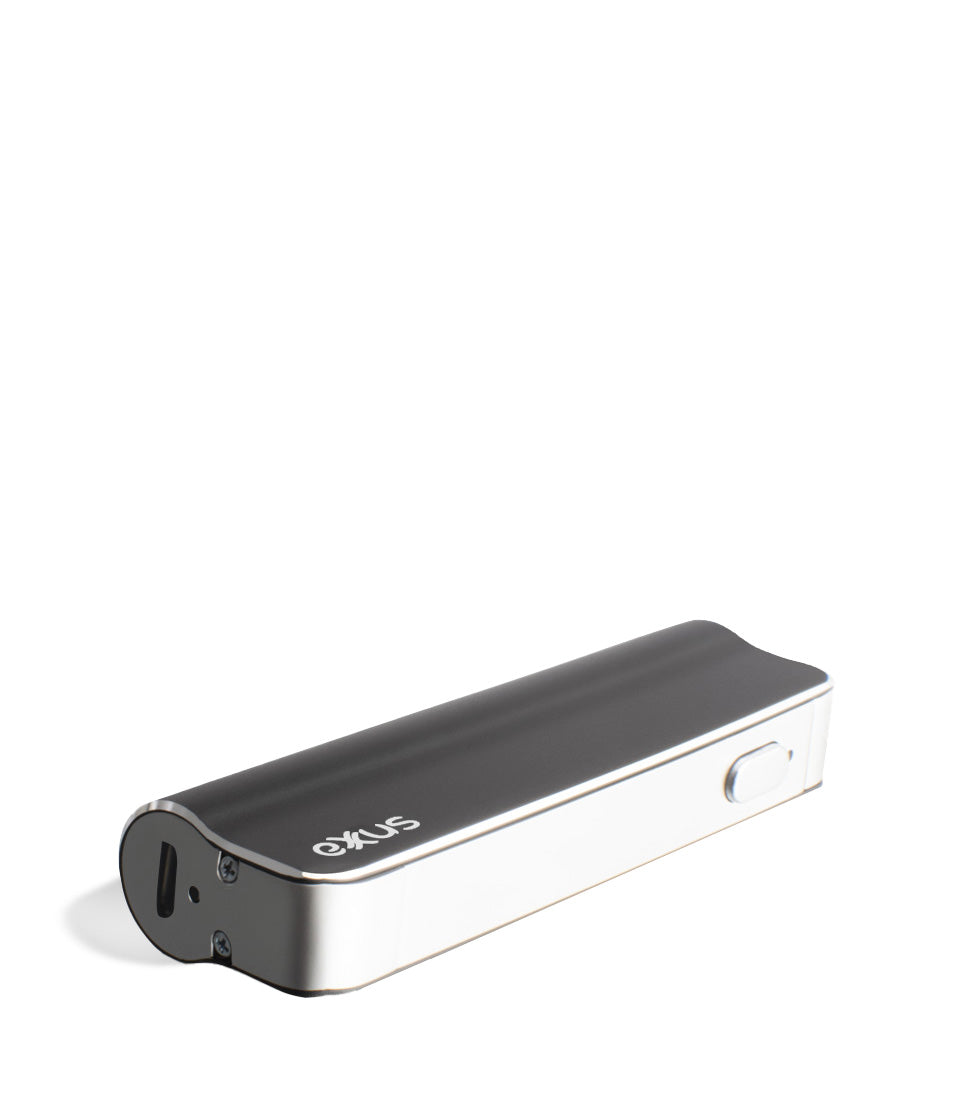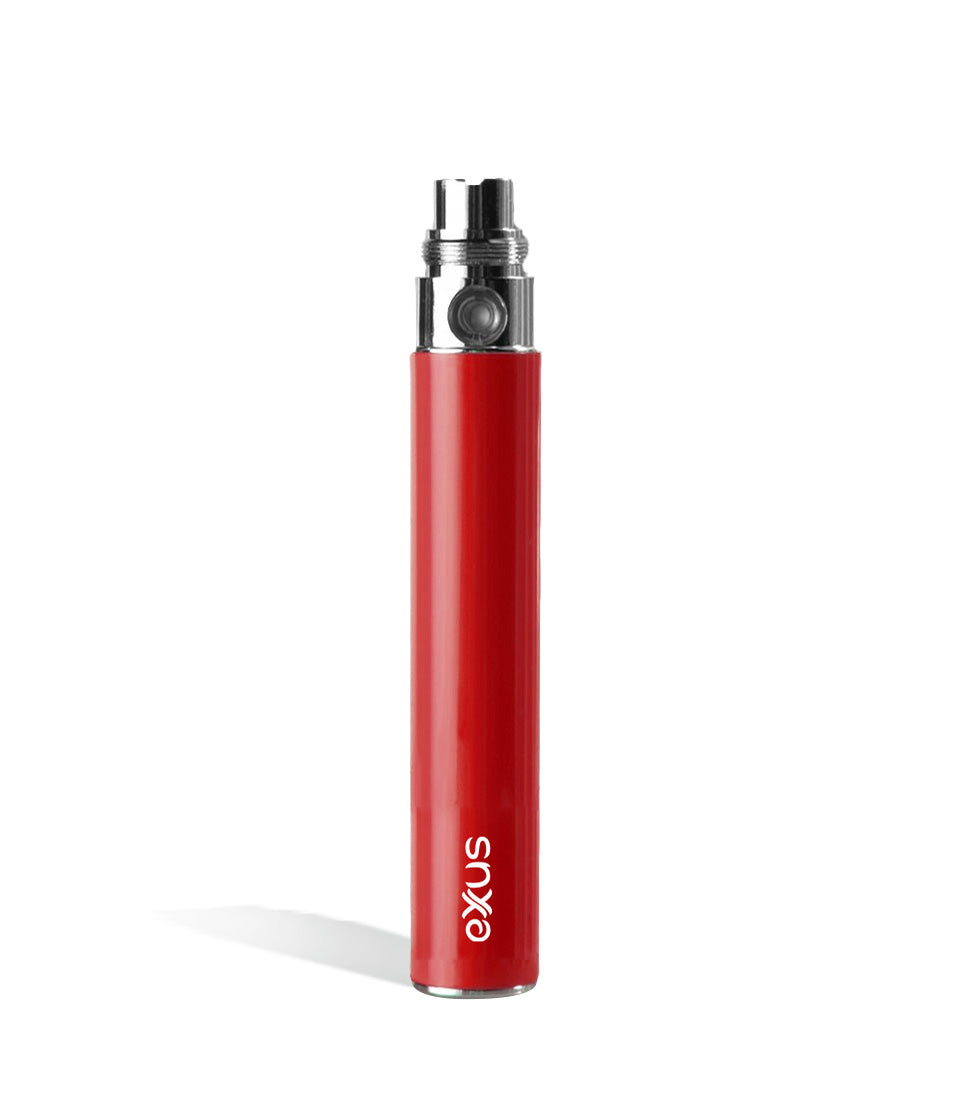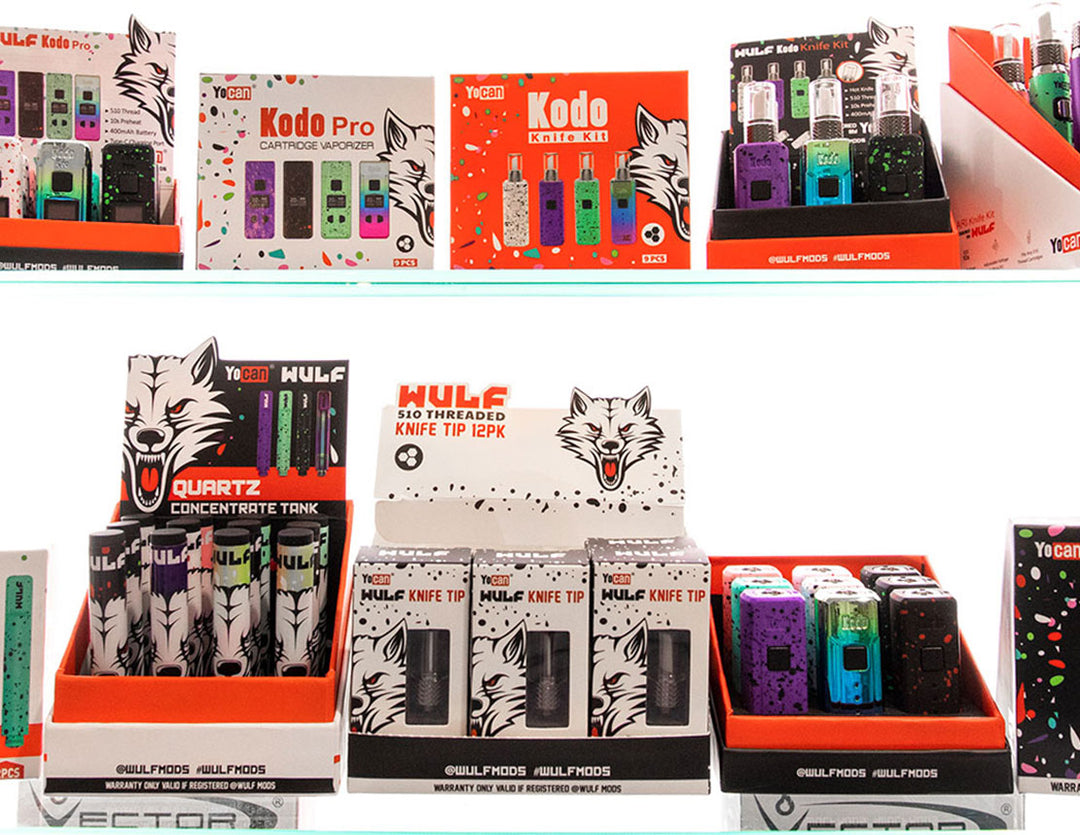Understanding Smoke Shop Taxes: Navigating Financial Regulations

Running a smoke shop requires a keen understanding of operating a business’ financial responsibilities and tax obligations. In this Smoke Shop Blog, we'll go over the intricacies of smoke shop taxes, offering insights and tips to help you navigate financial compliance. Whether you're just opening your doors or have been in the game for a while, learn how to unravel the mysteries of smoke shop taxes, ensuring your business sails smoothly through the waters of financial responsibility.
Your Guide to Understanding Smoke Shop Taxes
Business Structure and Tax Classification
Choosing the proper business structure for your wholesale smoke shop is like laying the foundation for a sturdy building. It's a vital first step that sets the tone for navigating your tax responsibilities. Just as a well-constructed building has different designs, your options include sole proprietorship, partnership, limited liability company (LLC), and corporation. Each structure acts like a unique blueprint, guiding how your income is reported and how taxes are paid, shaping the financial landscape of your smoke shop.
For most smoke shops, the LLC structure is popular due to its flexibility and simplicity. With an LLC, income and expenses typically pass through to the owners, who report them on their personal tax returns. However, consulting with a tax professional is crucial to determine the most suitable structure based on your situation.
Sales Tax
Sales tax is a primary consideration for smoke shops. The sale of smoking accessories and other smoke-related products is generally subject to sales tax. Rates and regulations vary by state, so you must know your location's specific sales tax laws. Keep in mind that some states also tax certain services related to smoking products.
To ensure compliance, stay informed about changes in sales tax rates, file timely returns, and maintain accurate records of all sales transactions. Point-of-sale (POS) systems or accounting software can streamline this process and minimize errors.
Federal Excise Tax
If your smoke shop sells tobacco products, you may be subject to federal excise tax. This tax applies to manufacturers, importers, and, in some cases, retailers of tobacco products. The tax rates vary depending on the type of tobacco product, and the tax is typically included in the price consumers pay.
Understanding the federal excise tax on tobacco is crucial for pricing your products accurately and ensuring compliance with federal regulations. Stay updated on any changes to these tax rates to avoid miscalculations.
Key Factors to Consider for Your Smoke Shop
State and Local Regulations
Beyond federal regulations, as a smoke shop owner, you find yourself in a maze of state and local rules. Imagine each state as a landscape with its own set of laws that govern the sale of tobacco products and smoking accessories. In this diverse area, they might add taxes or rules, making the regulatory journey like navigating through a detailed landscape.
Research and familiarize yourself with your state's regulations to avoid legal issues. Consult with a local attorney or tax professional specializing in tobacco-related businesses to ensure you comply with all applicable laws.
Licensing and Permits
Obtaining the necessary licenses and permits is fundamental to operating a smoke shop. These licenses may include a retail tobacco license, a sales tax permit, and any additional permits required by your local jurisdiction. Failure to secure the proper licenses can result in fines, penalties, and even the closure of your business.
Keep your licenses updated and prominently display them in your shop to demonstrate your commitment to compliance. Work closely with your local regulatory agencies to ensure you have all the necessary paperwork.
Recordkeeping and Documentation
Accurate recordkeeping is crucial for tax compliance and financial management. Keep detailed records of all sales transactions, including receipts, invoices, and sales tax collected. Additionally, maintain records of your business expenses, such as rent, utilities, and inventory costs.
Using accounting software can simplify the recordkeeping process, allowing you to track income and expenses efficiently. Regularly reconcile your financial records to ensure accuracy, and retain all documentation for the required period, which may vary by jurisdiction.
How Can You Navigate Taxes for a Smoke Shop Effectively?
You Should Consult with a Tax Professional
Given the complexity of tax regulations and the unique considerations of the smoke shop industry, it's highly advisable to consult with a tax professional. An experienced accountant or tax advisor can provide personalized guidance, help you identify potential deductions, and ensure you meet all tax obligations.
You Need to Stay Informed about Regulatory Changes
Tax laws and regulations are subject to change, and staying informed is crucial for compliance. Regularly check for updates from federal, state, and local tax authorities, and be proactive in adapting your business practices to reflect any changes in tax rates or requirements.
You Should Invest in Technology
Leverage technology to streamline your tax-related processes. Utilize point-of-sale systems with integrated tax calculations to ensure accurate sales tax collection. Accounting software can automate recordkeeping and help generate financial reports that facilitate tax preparation.
You Must Educate Your Staff
Ensure that your staff is well-informed about tax regulations and compliance procedures. Properly trained employees can assist in maintaining accurate records, understanding sales tax collection processes, and ensuring a smooth operation that aligns with tax obligations.
You Should Plan for Tax Liabilities
Set aside funds regularly to cover your tax liabilities. Withholding a portion of your revenue for tax purposes helps prevent cash flow issues when remitting sales tax or paying other tax obligations. Establishing this practice early on can contribute to the long-term financial health of your smoke shop.
An Overview of Understanding Smoke Shop Taxes
Navigating smoke shop taxes requires a combination of diligence, education, and professional assistance. By understanding the basics of tax obligations, staying informed about regulatory changes, and implementing best practices for compliance, you can establish a solid financial foundation for your smoke shop. Remember, the key to success in this area is proactive management and a commitment to upholding legal and financial responsibilities. Best of luck in creating a thriving and compliant smoke shop!
Stay up-to-date on the latest happenings in the smoke shop industry and acquire valuable insights by checking out our Smoke Shop Business Blog. Serving as an invaluable resource, it provides ideas, essential information, industry trends, and priceless advice to enhance the growth and success of your shop. Stay connected and learn with us here at Got Vape Wholesale!

















Leave a comment